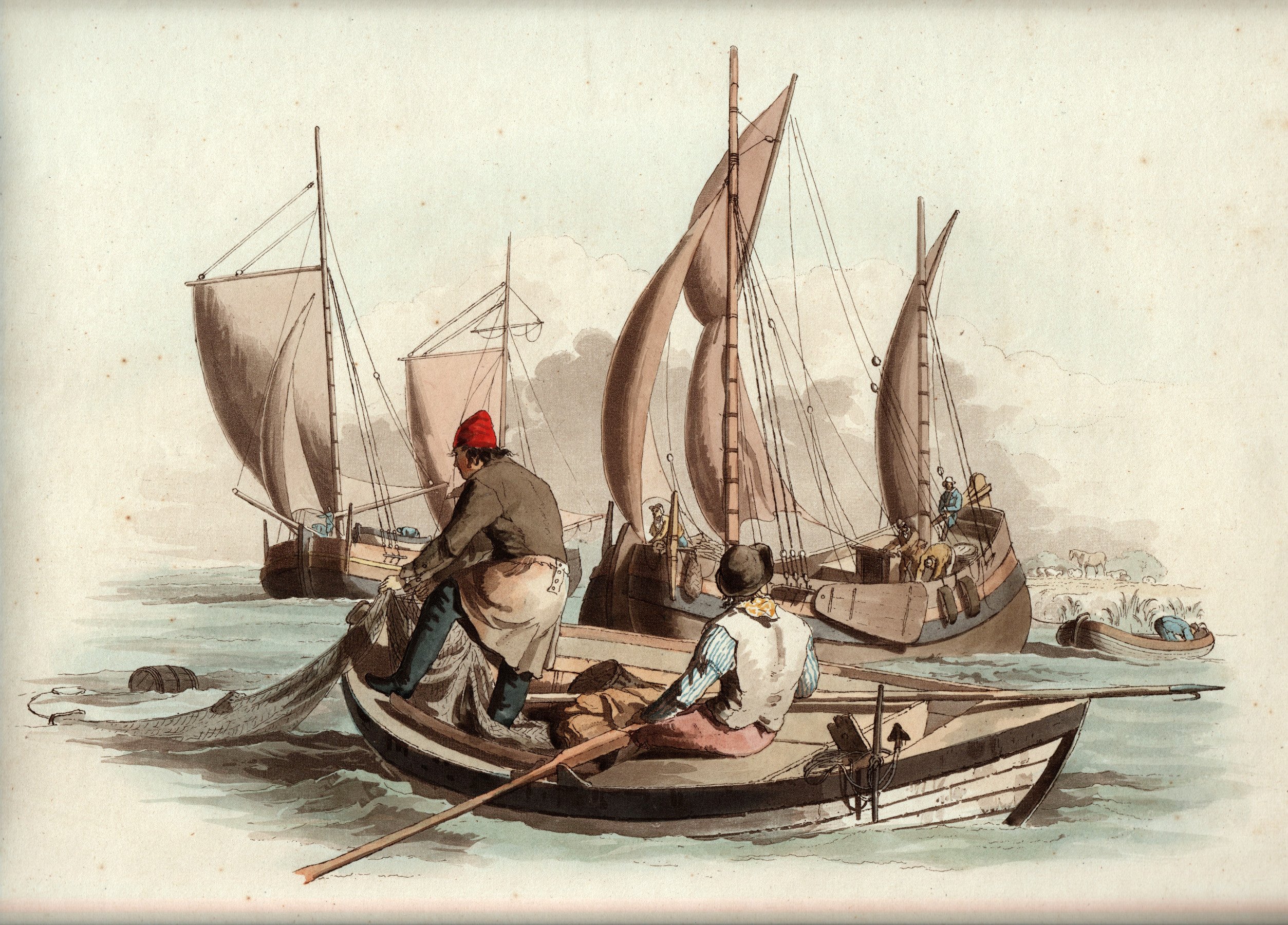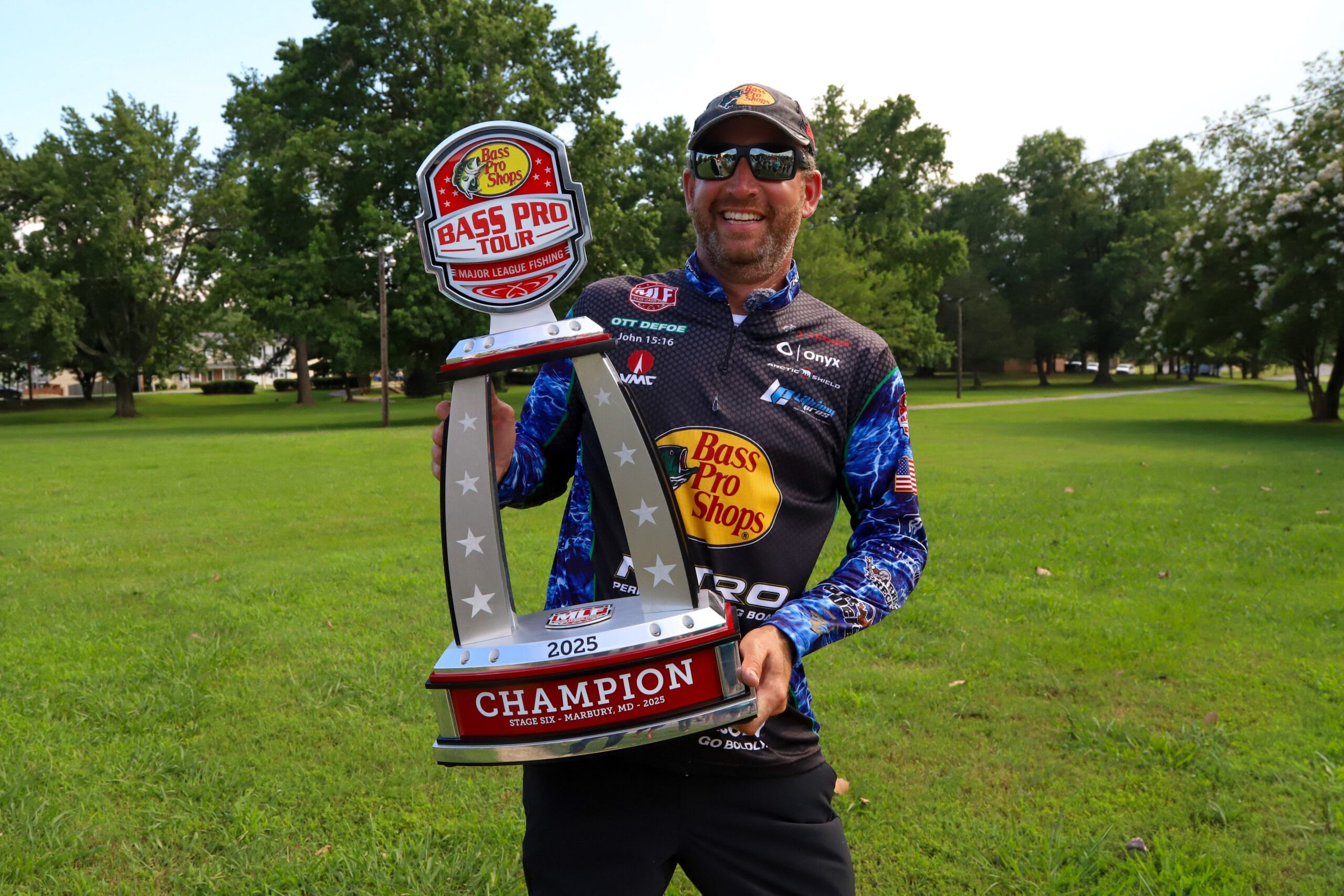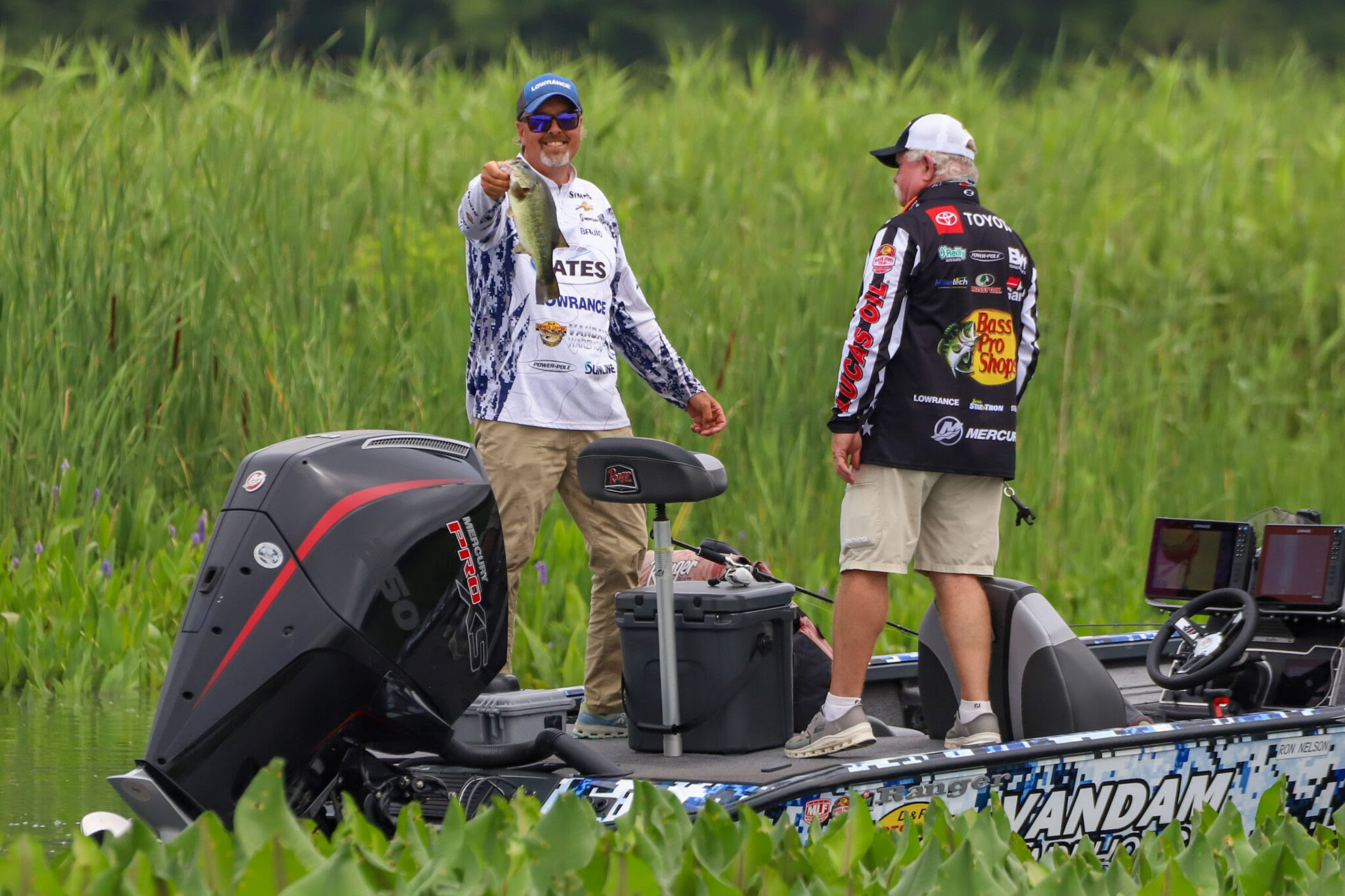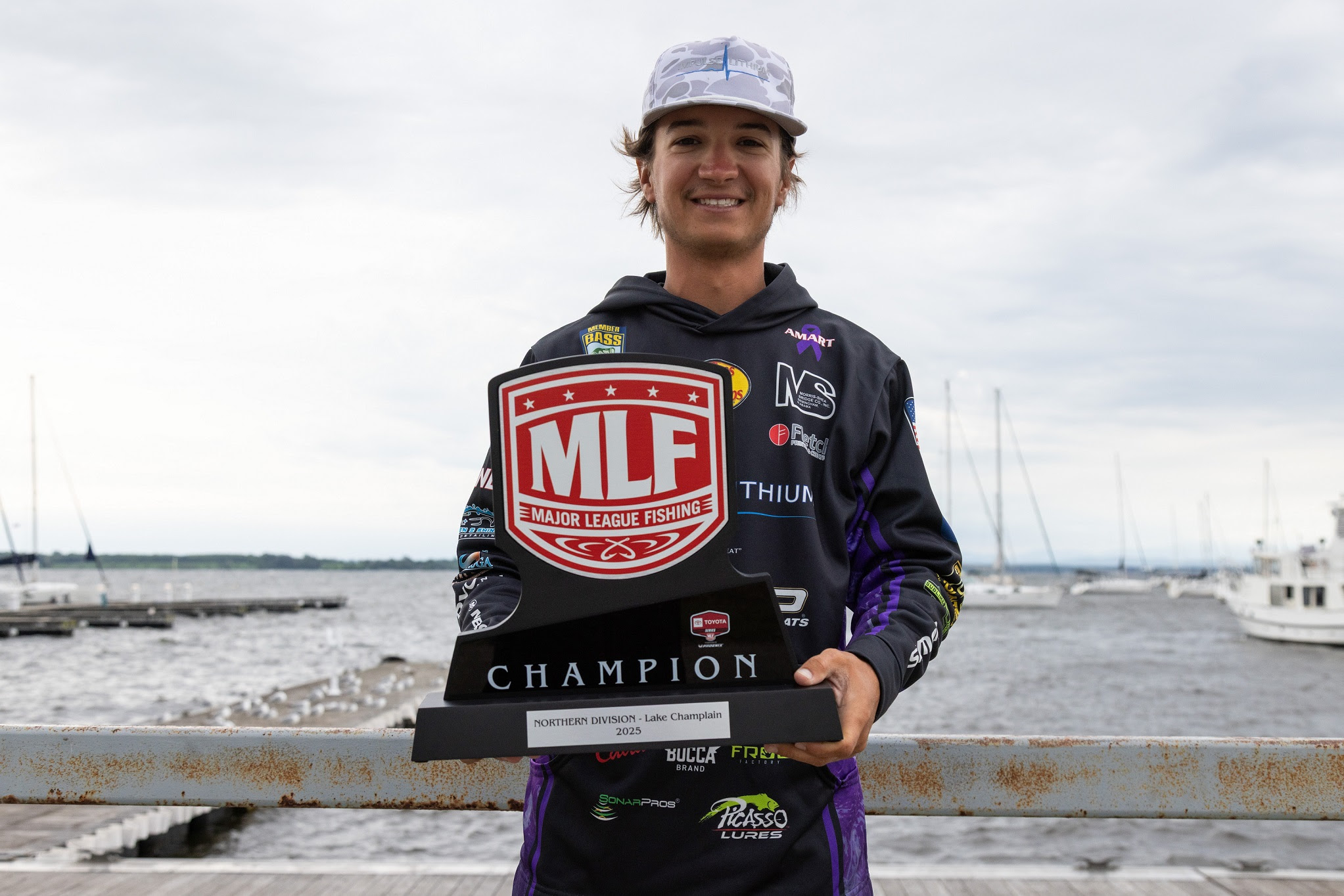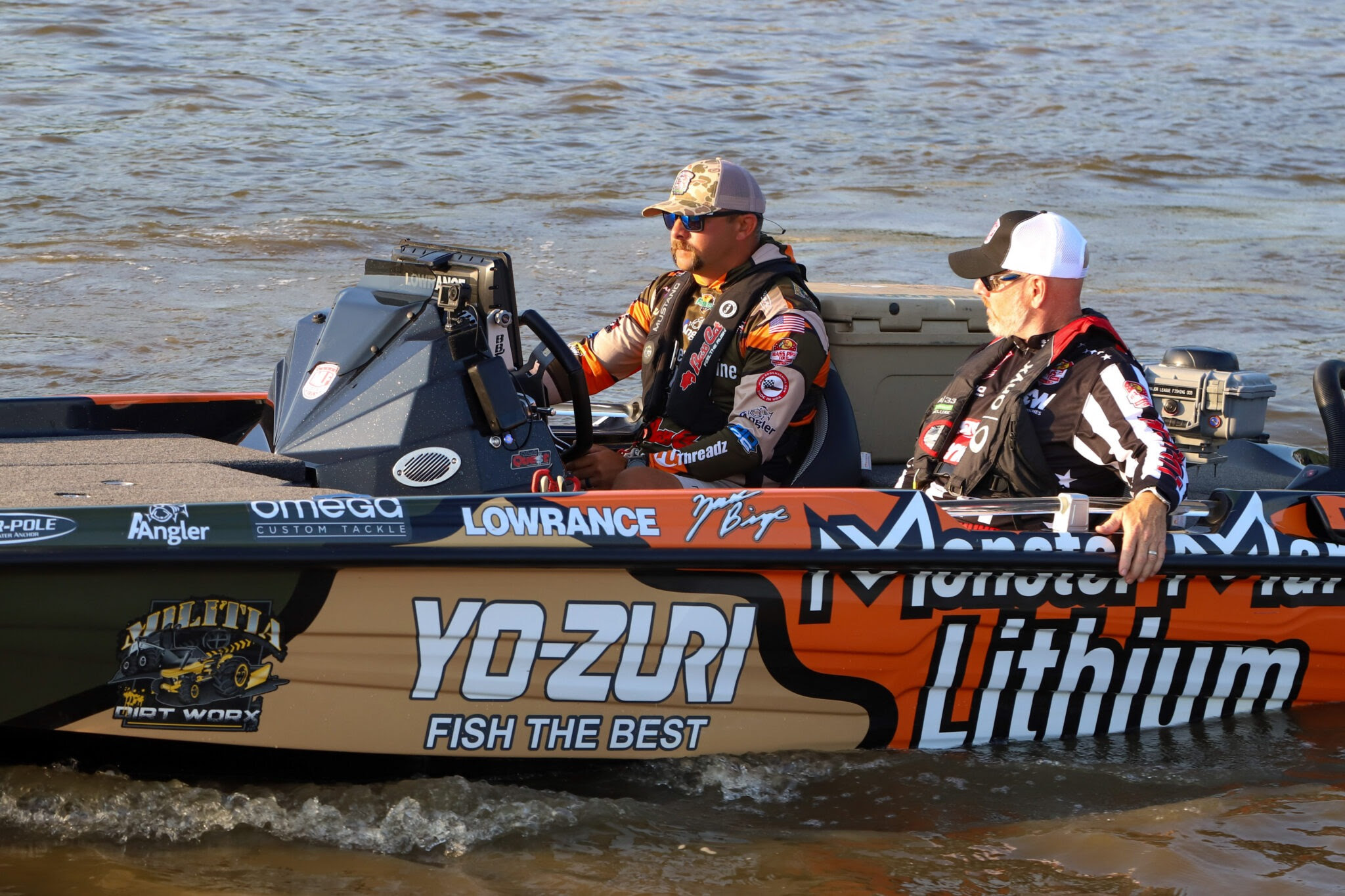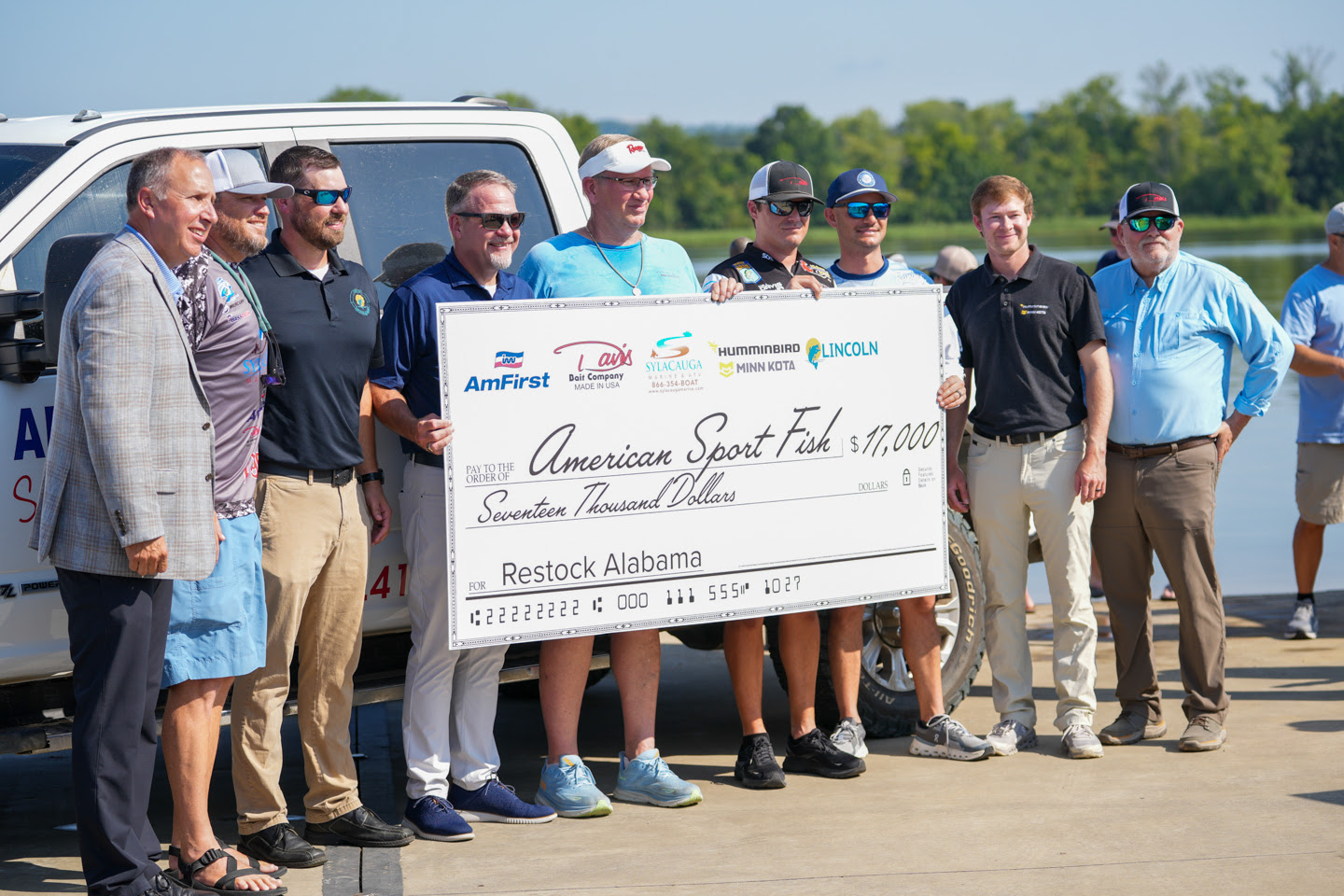It’s Always Been the Anglers
Vance McCullough
Samoset was the native American who first greeted a group of miserable, shivering religious outcasts from Europe who had landed on the coast of what is now Massachusetts with the intention to establish a colony. They landed during a New England winter and wondered if they would make it to spring.
One day in March, the tall, long-haired Samoset, wearing only a loin cloth, walked into their camp and spoke, “Welcome! Welcome! Englishmen!”
The year was 1620 and the colonists were amazed that Samoset spoke English. ‘Where had he, a nearly naked native in the wilds of North America, learned the language?’
It turns out that Samoset had picked up the language from fishermen who had come to North America to hunt for cod. While the unknown fishers will never be named, it is little surprise that hunters of one stripe or other were the first to explore a ‘hidden’ region of the world long before those who sought fame and fortune. It has always been man’s quest to feed his belly and his family that has pushed him to extremes unrivalled by others. Sometimes the pursuits are fatal, but so too, is starvation.
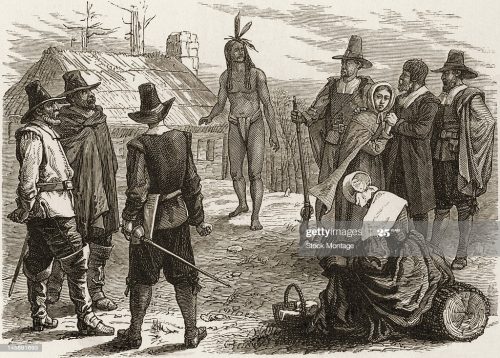
Samoset’s tribe, the Wampanoag, descended from the first people to cross the Bearing Land Bridge out of Asia and into the ‘New World’ roughly 14,000 years ago. Ice sheets receding, intrepid hunters pressed on as glaciers calved chunks of ice the size of houses into the ocean. Only the brave moved forward. Only the lucky survived.
And so it has always been that hunters are the first to see new lands, the first to make contact with those who live there. They are the original explorers.
Today, we have options for feeding ourselves that don’t involve exploration, but those foods just stuff the body, often with low quality calories. As we have solved the challenges of caloric deficit, we are realizing another deep need, the need to feed our souls. Modern hunters and anglers are in search of the thread that binds us to our past as much as anything else. After all, our ancestors risked everything to reach our shores from afar, physically. While they might humbly say that they were simply doing what they had to do and living each day as it came to them, it’s important that we reach back through time to shake their hands and honor their efforts – and the DNA they passed on to a lucky handful of us.
Today I give thanks for my sporting heritage and the explorer DNA I have been blessed to carry and pass on to my children, and the freedom to enjoy this aspect of my personality in the United States of America.











